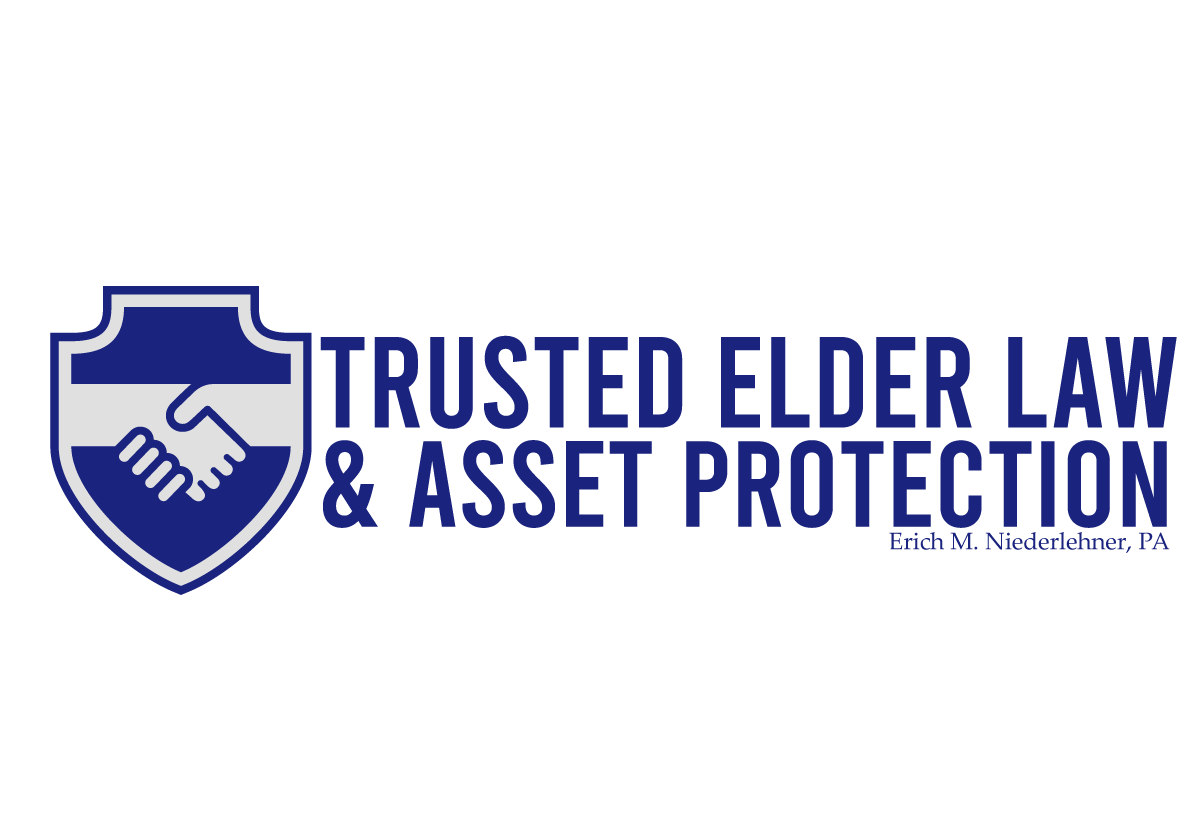What Is Memory Care, and What Are Its Benefits?
Erich Niederlehner • February 25, 2023
What Is Memory Care, and What Are Its Benefits?

Memory care is specialized care for patients living with Alzheimer’s disease, dementia, or other conditions that cause memory loss. Hospitals and nursing homes may have memory care units or a separate entity dedicated to this service. Memory care provides seniors with meals, opportunities to socialize, mentally stimulating activities, and support for their caregivers.
Benefits of Memory Care
People living with memory dysfunction need specialized care. Although there is often an expense involved with getting care, the benefits make it worthwhile. Some of the many benefits of memory care may include the following:
Round-the-clock supervision
Assistance with medication compliance
Transportation to and from doctor’s appointments
A secure environment that allows seniors to remain independent while reducing the risk of wandering
Access to expert and individualized medical care
Living Options for Seniors Living With Alzheimer’s or Dementia
If your loved one suffers from Alzheimer’s disease or dementia, you may be seriously considering what the best next step is for securing their long-term care.
Several living arrangement options exist for seniors living with memory loss concerns. Your loved one’s condition may make one of the following potential housing arrangements a better option than another. Here are some of the choices you may want to explore for memory care:
Low-Income Housing
Low-income housing may be the most economical option for long-term housing. This option is great for someone with a fixed income. Low-income housing helps seniors whose condition is mild and has not diminished to the point where they cannot live unsupervised. Here, they may continue living in their community with their spouse if they do not also need specialized care.
Nursing Home
Nursing home care is probably the most well-known living arrangement option for seniors who can no longer live independently. Some offer a specific unit or space dedicated to memory care. Nursing home employees can also give residents medication, place an IV, provide wound care, and so on. Other facilities generally do not provide this high level of medical care.
This may be a suitable option for seniors who have dementia as well as another chronic medical condition.
Memory Care Community
Memory care facilities specialize in caring for seniors in the more advanced stages of dementia. In addition to 24-hour care and staff who are specifically trained to treat residents with memory loss issues, these communities also may be secure, locked facilities to help your loved one avoid wandering. Memory care communities also assist with activities of daily living and are often designed to mimic the look and feel of a private home.
Independent Living Community
Independent living communities are a good idea for seniors whose condition is mild to moderate. These communities may include memory care services. This option works best for seniors who can still bathe, dress, and perform other regular maintenance on their own. These facilities provide seniors with a private living space and social and recreational activities to help keep their minds active, which promotes healthy brain function.
This service is private-pay, so Medicaid will not cover the expense.
Assisted Living Facility
An assisted living facility allows seniors who need memory care to continue living independently. Employees can help residents with medical emergencies, but if they need individualized, 24/7 care, this may not be the best option. An assisted living facility can be a good option for seniors who require help with cooking, bathing, dressing, running errands, and getting to and from doctor’s appointments.
Medicaid typically covers some costs of assisted living facilities, such as personal care services or on-site therapy. Note, however, that assisted living facility offerings vary by state; not every facility will provide memory care services.
Continuing Care Retirement Community
Continuing care retirement communities help seniors whose conditions may decline over time. Patients can enter a continuing care facility when they are still high-functioning. As their condition worsens, they already have support and a care team to meet their changing needs. Medicaid does not cover the cost of living in a continuing care retirement community in most cases, so be sure to budget accordingly if your loved one needs this service in the future.
Senior Day Care
This option does not involve lodging. However, it can be a great way to ensure your loved one has someone to look after them when you need to work, go to school, or have other tasks to complete outside of the home. Adult day cares let seniors socialize and take part in mentally stimulating activities that may help slow the progression of their disease. These programs may include specialized services for those with dementia.
Medicaid coverage for these services varies by state. Financial assistance may also be available, such as grants or loans.
Contact an Elder Law Attorney
Knowing what to do for your family can be challenging. Connecting with an experienced elder law attorney can help point you in the right direction as you decide how to care for your loved one. If you need an experienced Elder Law attorney, please contact elder law and asset protection attorney Erich M. Niederlehner, owner of Trusted Elder Law & Asset Protection located in Pensacola, Florida and serving all in Florida or Alabama. Visit our website at www.TrustedElderLaw.com or call us at 855-ELDER-FIRM. If you need help with Medicaid planning to qualify for long-term nursing home care, estate planning for all generations and ages, probate, placement assistance with a nursing home or assisted living facility or bankruptcy asset protection services please learn how Trusted Elder Law & Asset Protection.











